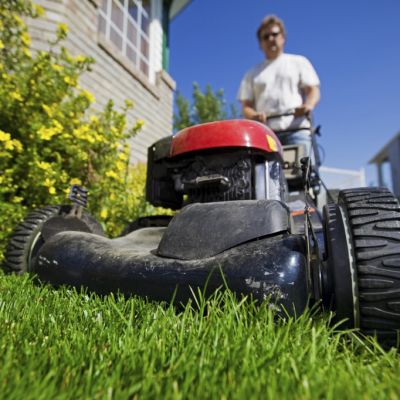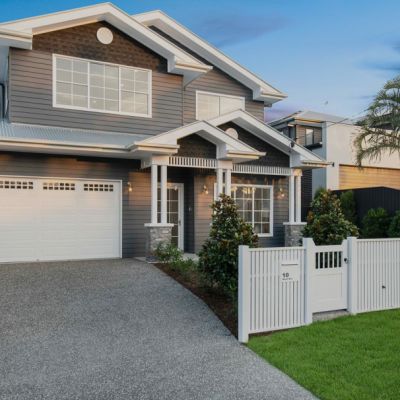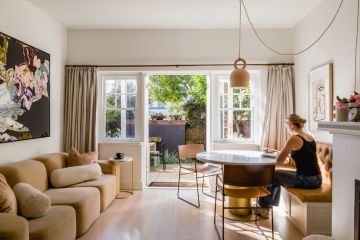Construction fatigue: What can you do about noise from building sites?
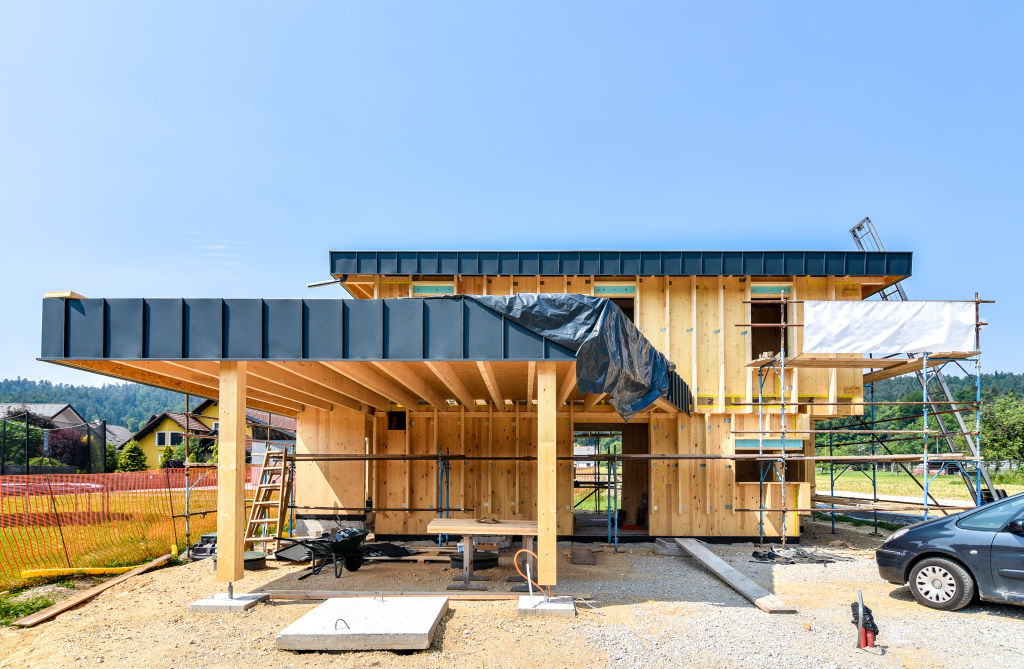
Sandwiched between three building sites in our once-peaceful residential street, waking up to the vibration of sledgehammers or the whine of angle grinders, I’m beginning to understand what’s meant by “construction fatigue”.
This refers to those of us who have been exposed to the impact of one or more construction sites over an extended period.
Construction and development works can have far-reaching effects, not only on nearby residents but on the environment as a whole. Apart from the incessant noise that can last for up to eight hours a day, there are also the large trucks blocking narrow streets and the building dust that seeps into every corner of your home.
With almost 80 per cent of the population living in urban areas and the nation facing a critical housing shortage, construction fatigue will become an uncomfortable reality for many.
The Victorian government has announced plans to build two million houses by 2051 and the housing supply in Greater Sydney is forecast to increase by almost 173,000 in the next six years.
The impacts of construction noise
Living next door or close to a construction site can take a serious toll on both your physical and mental health, and complaints to local councils about noise and vibration are on the rise.
Research shows ongoing exposure to loud noise can cause sleep disturbances, and exacerbate anxiety and depression in vulnerable people. It has also been linked to chronic physical health conditions such as heart disease.
For vulnerable groups such as children, pregnant women and the elderly, noise exposure may be even more harmful. Ongoing exposure has been found to affect children’s development and learning.
Given its impact, noise exposure is now considered a serious public health issue.
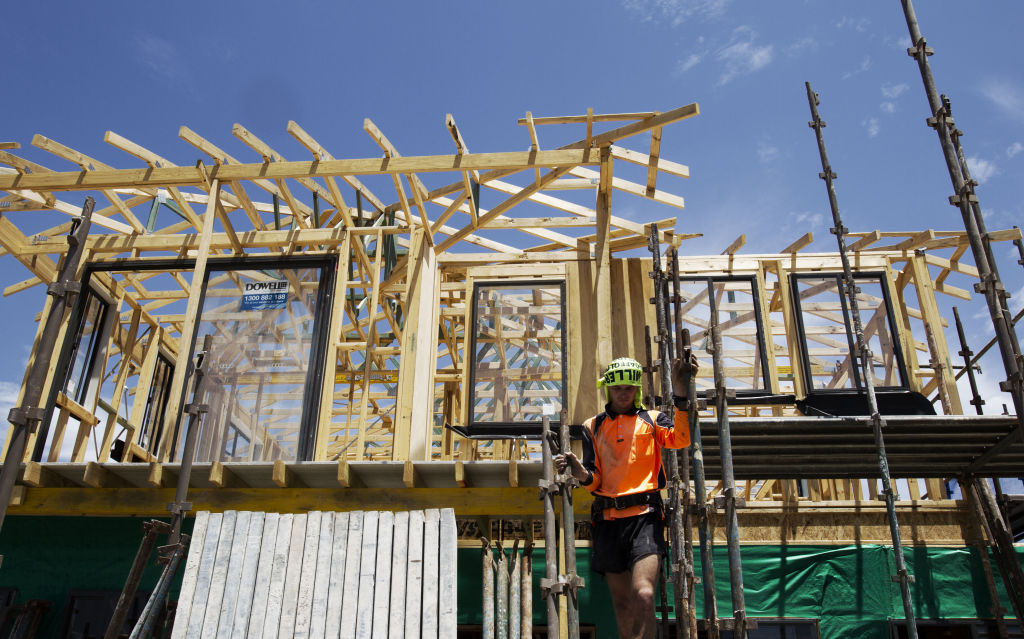
Laws to protect residents against construction noise
So, if a developer buys the house next door and announces plans to demolish the existing home and build two houses on the site, what can you do to minimise the impact and avoid construction fatigue?
Building companies are socially accountable and if you live next to a construction site there are certain rights and protections available to you that may make living through the experience a little more bearable.
As noise is considered a form of pollution, risking human health and the environment, all states and territories have environment protection laws that require builders to take all reasonable and practicable measures to minimise the noise and vibration caused by construction.
Enforced by state-based environment protection authorities (EPAs), the guidelines explain what constitutes unreasonable construction noise and suggest ways to reduce the risk.
What is considered unreasonable noise?
According to Victorian EPA guidelines, harmful noise is any unwanted sound or vibration that disrupts the acoustic environment, affecting health, sleep, daily living, learning, communication or relaxation.
Noise and vibration can cause a risk to human health if it’s too loud, continues for too long or suddenly increases in level. This can include construction vibrations and sounds like banging, hammering, squealing, screeching and humming.
The Victorian EPA guidelines also state that people living near a construction site should not be exposed to noise louder than 85 decibels continuously over an eight-hour period.
A worker or person living near a construction site should never be exposed to any sounds or noise levels louder than 140 decibels, as this could instantly damage hearing. The sound from sledgehammering, for instance, can be 140 decibels or higher.
Similar guidelines apply depending on where you live in Australia. You can find details on the relevant EPA websites.
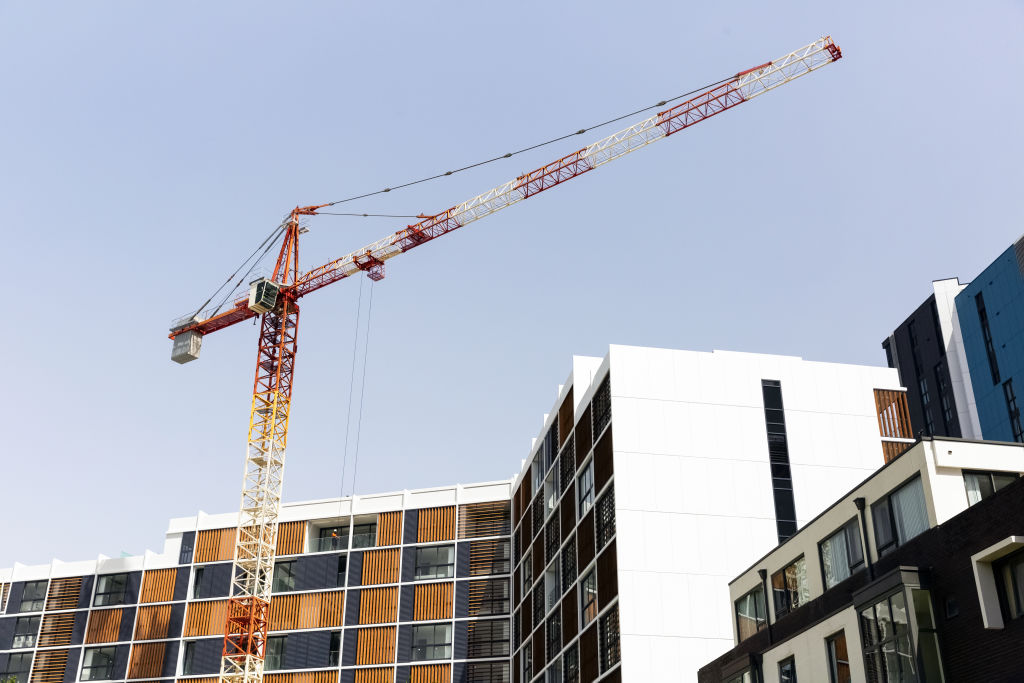
What are reasonable and practical measures to minimise noise?
If you live next to a construction site, ideally it’s one that’s professionally managed, with a site supervisor who is genuinely concerned about the impact on nearby residents.
The site supervisor is your point of contact and should provide you with their contact details and encourage you to raise any concerns with them directly.
There are several practical measures a site supervisor can take to minimise the impact of construction work and they should be communicating with neighbours and dealing with issues as they arise.
A site supervisor should let neighbours know when particularly noisy and disruptive building works are planned, and their duration, and consider all reasonable requests from residents, particularly vulnerable ones. For instance, they may agree to schedule particularly noisy activities for the middle of the day or take extra measures to minimise building dust.
They should ensure work and vehicle movements are restricted to standard hours, generally between 7am and 6pm on weekdays and 9am and 3pm on Saturdays. Construction work should not take place on Sundays and public holidays.
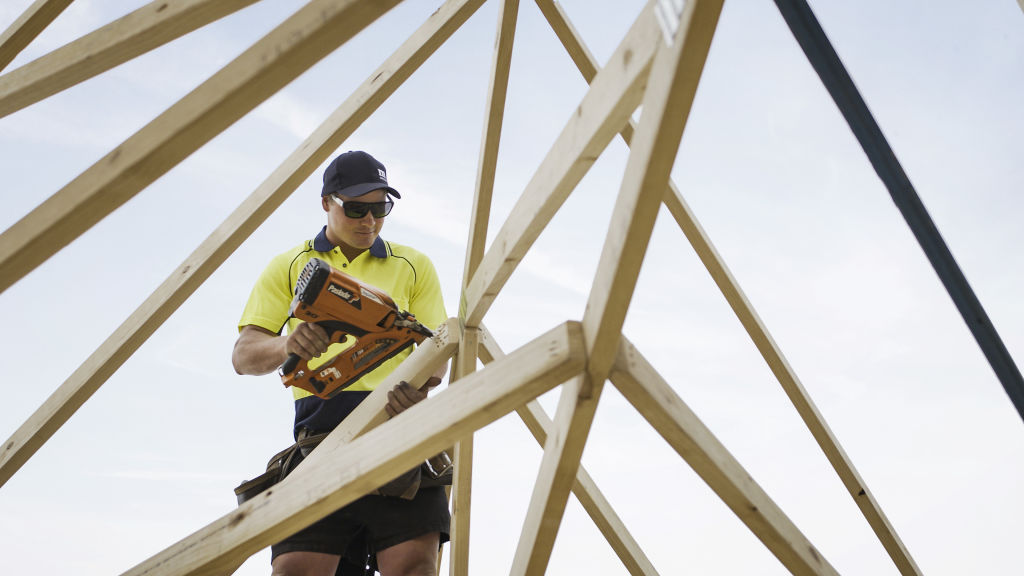
Workers should use the lowest noise equipment or techniques to do the job, such as low-noise saw blades, or electrical equipment rather than equipment powered by generators.
They can also install soundproofing such as noise barriers or devices known as “acoustic quilts” around the site to minimise construction noise – a relatively easy and cost-effective solution in many cases.
Site supervisors should ensure that workers on site are properly supervised and that any car radios or music speakers are played at a low volume.
Residential noise enforcement officers
Unfortunately, many construction sites often fall short when it comes to proper supervision and management. This can mean that residents’ concerns are ignored as the pressure to complete projects takes precedence.
If, despite all reasonable requests, a building site isn’t meeting its obligations, you have the right to make a formal complaint to your local council.
Under state environmental protection laws, a residential noise enforcement officer from your local council has the power to investigate and manage noise complaints arising from construction. They will come to the site and measure the volume and intensity of the noise and assess what it sounds like – its character, time and place, circumstances, how long the noise continues and whether it is reasonable under environment protection regulations.
If the officer considers the noise unreasonable, they will formally notify the builder and request that it be reduced to their satisfaction. If builders are doing work outside of standard hours, such as on a Sunday or public holiday, you should also notify your local council.
We recommend
We thought you might like
States
Capital Cities
Capital Cities - Rentals
Popular Areas
Allhomes
More
